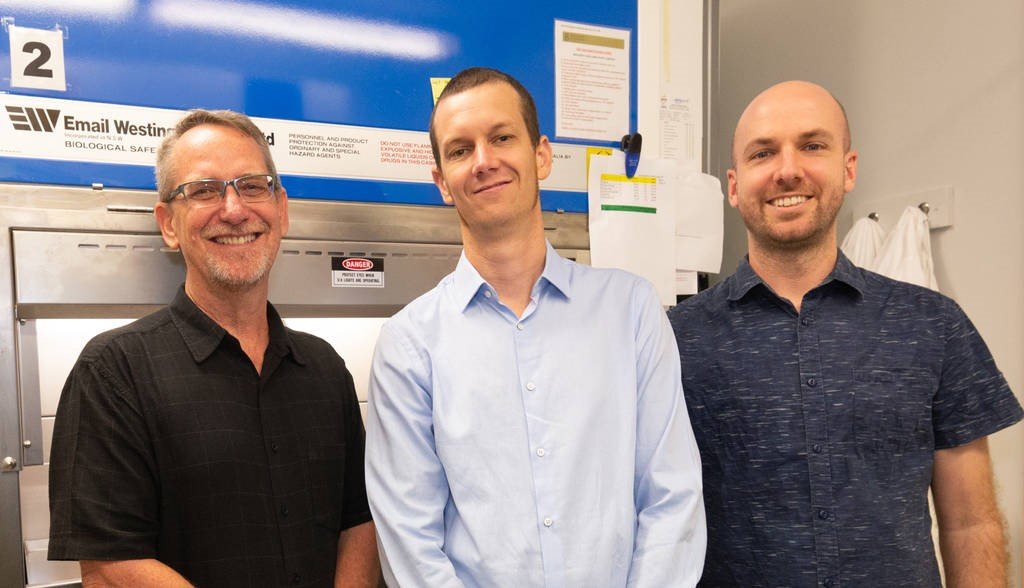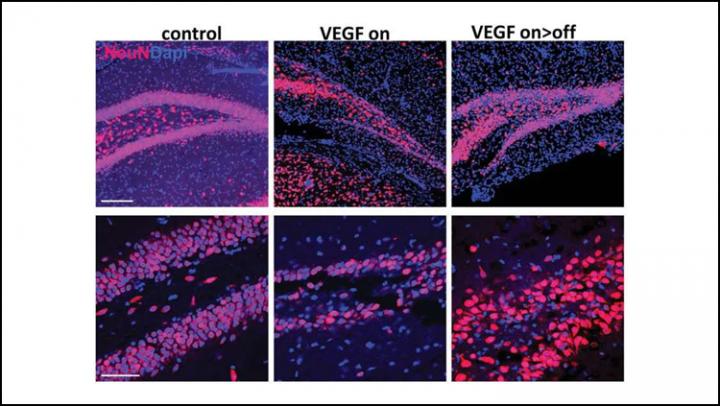Light therapy holds promise for people with bipolar disorder
Light therapy, consisting of daily exposure to bright, artificial light, is already a recognized line of treatment for people affected by seasonal and nonseasonal depressive disorder. But much less is known about the potential benefits of light therapy for people with bipolar disorder, one of the leading causes of disability worldwide. In a meta-analysis recently … Read more









